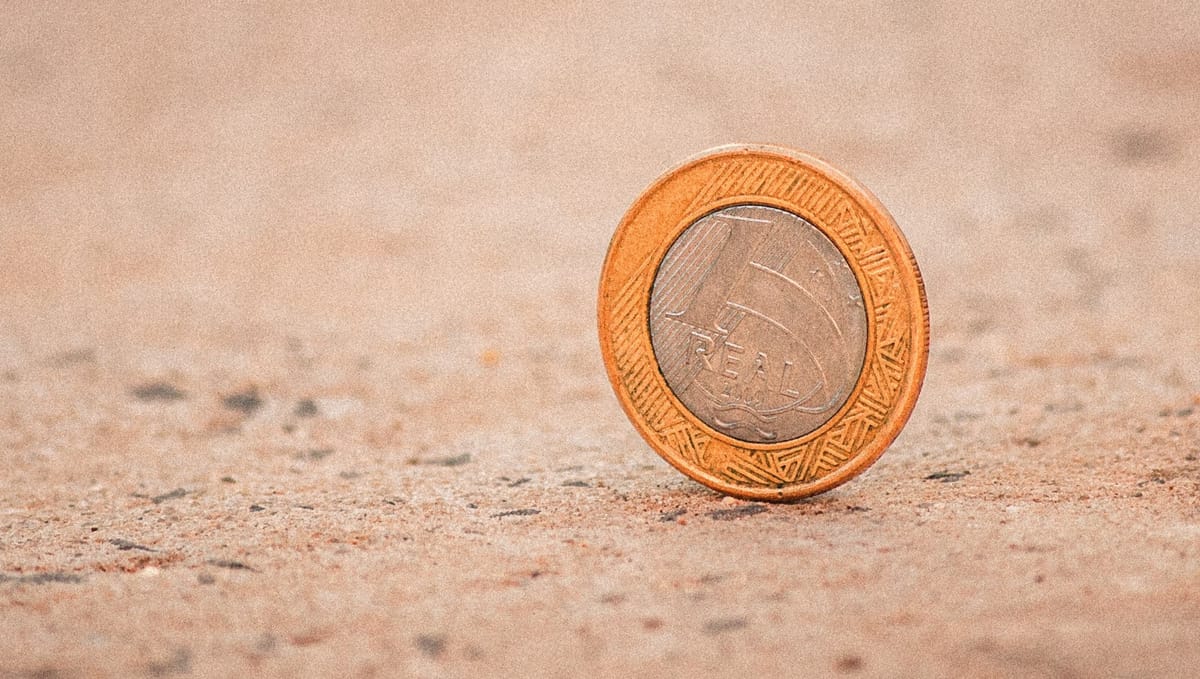Politics, Values, and Money
Part I of Money as a Reflection of Political Values, Virtues, and Human Order

Part I of Money as a Reflection of Political Values, Virtues, and Human Order
Previous Parts
In “The Currency of Politics”, Stefan Eich gives a genealogical account that aims to portray the dynamic and changing political thought on money. He illustrates how different ideas and applications of money developed over time and how the political climate at specific time periods affected the perception regarding the role of money. A central theme that surfaces periodically in the historical account and debate of money revolves around money being either a natural phenomenon rooted in market dynamics that must not be interfered with or a concept that is rooted in relational, power dynamics that are central to human discretion and relations. It must be highlighted though, that the accounts of money being rooted in nature are still akin to political motives in order to maintain the value of money and empower individual liberty and sovereignty.
While the politics of money has always been a heated debate, it was in the 1970s with Hayek’s appeal to Hard Money (money pegged to precious metals) advocates and right-wing libertarians that truly pushed for removing money from politics altogether. “They sought the wholesale abdication of the state’s role in monetary policy” (McIntosh, 2024). That said, Hayek acknowledged the political history and relational nature of money, but due to the corrupt nature of politics, he called for the removal of money from politics altogether (McIntosh, 2024). The idea is that money should be apolitical and powered by free market dynamics because that would be the ideal just money as will later be elaborated on in this essay series. More recently, the emergence of Bitcoin has shown roots and inspiration linked to a Hayekian “neutral money”; albeit with some differences which will be discussed later in this essay series.
On the other hand, prior grassroots movements in the 19th century, for example, called for a more democratic form of money. Money was a tool that can deal with political struggles around inequality and gives voice to different groups within a community (McIntosh, 2024). Thus, money should be discretionarily managed to represent and benefit the common good.
What both camps share is the normative approaches in their justification as to how money should look like and what it should serve. The difference in their normative approach boils down to the moral and political values and priorities of each side. With one camp championing individual liberty and sovereignty, and the other advocating for the common good. In this context, we can notice that the discussion around what money should look like and what it should serve corresponds to what our moral and political values ought to be, and in which institutions and institutional design we trust (i.e. public vs private institutions; centralized vs decentralized).
The values upheld, and thus the monetary design we implement, has direct social, economic, and political consequences. As history has shown us, monetary design and decision making around money can have detrimental effects on individuals, households, communities, nations, and empires. Therefore, evaluating the justice and virtue of money is crucial for policy making and is central to a well-functioning society that reflects its moral and political values.
In part II of this essay series, we will provide a defense of "neutral" money – Part II - A Defense of "Neutral" Money
References
- Eich, S. (2022). The currency of politics: The political theory of money from Aristotle to Keynes. Princeton University Press.
- McIntosh, W. (2024). FA Hayek, Libertarianism, and the Denationalization of Money. Modern American History, 1-20.



